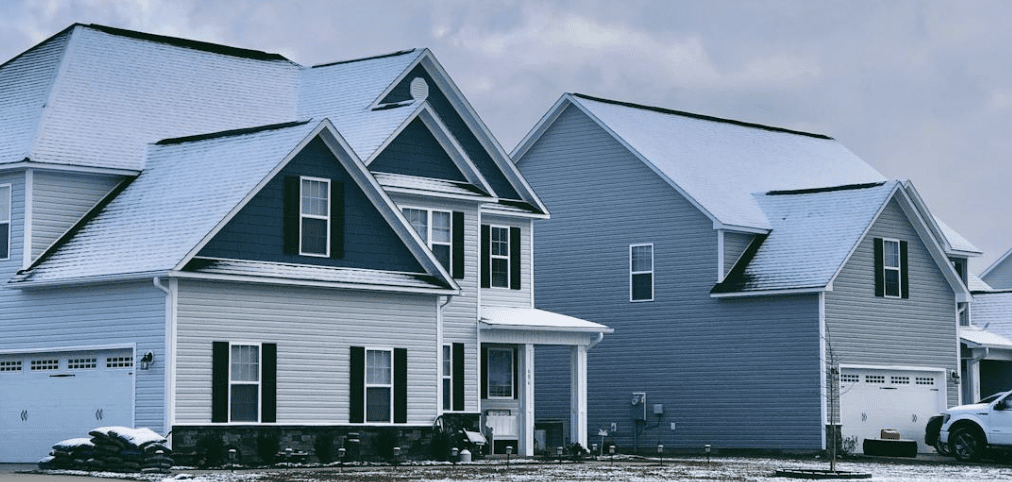What You Need to Know Before Buying a Second Home
What You Need to Know Before Buying a Second Home
Blog Article
Tips to Make Buying a Second Home Easier
Investing in a second home has become a common economic and lifestyle choice for many. Whether you're contemplating a holiday escape or a can you own a house and rent another, buying another house comes using its own set of issues and considerations. Under, we breakdown essential factors to weigh before causeing the significant investment.

1. Realize the Financial Responsibility
Running a second home means doubling on expenses such as mortgage obligations, property taxes, maintenance, and insurance. According to the National Association of Realtors, 72% of second-home buyers money their purchase with a mortgage. This implies you'll need certainly to budget for a second pair of continuing costs. Furthermore, lenders often require larger down obligations (commonly 20-30%) and charge higher interest rates for 2nd mortgages to mitigate risk.
It's also wise to element in hidden expenses like preservation and fixes, which could average 1-4% of the property's value annually, depending on the site and era of the home. If your next home is situated in a high-demand holiday place, choosing home administration solutions can further increase charges but also simplify renting out your property.
2. Consider the Site Logically
The place of the second home can significantly effect its long-term value and utility. Important facets to consider contain local real estate industry tendencies and home understanding rates. Zillow Research shows that houses in coastal areas often recognize by typically 4.1% annually, higher compared to national development of 3.8%. Still, periodic adjustments, distance to amenities, and convenience will even enjoy critical functions in your decision.
If you're purchasing the house as a vacation house, assess how usually you'll really visit, especially if travel could become awkward or costly. Meanwhile, if you're investing in a hire home, study vacancy costs and rental demand in the area. As an example, Airbnb data features that properties in downtown hotspots have lower vacancy costs than rural holiday rentals.
3. Tax Implications Can't Be Ignored
Purchasing an additional house presents more complicated duty scenarios. Another property categorized as a personal house indicates you are able to still deduct mortgage fascination and house fees within IRS-defined limits. But, renting it out for significantly more than 14 days per year changes it in to an investment house, requesting you to pay for taxes on hire revenue while allowing detailed charge write-offs. Consulting a duty advisor to make certain optimum processing is a must when you close the deal.
4. Plan for the Long-Term

While buying a next house offers you options for hire revenue and personal enjoyment, consider its broader function in aligning together with your financial goals. Analyze if it would have been a sustainable decision around time. Could it be a pension retreat? An income-generating property? Or equally? Having clarity on these goals will allow you to produce educated conclusions regarding its consumption and profitability.
By carefully considering your financial position, industry tendencies, and long-term needs, you are able to mitigate dangers and increase the benefits of running a next home. Make an effort to analyze, consult experts, and assure you create a truly noise investment. Report this page